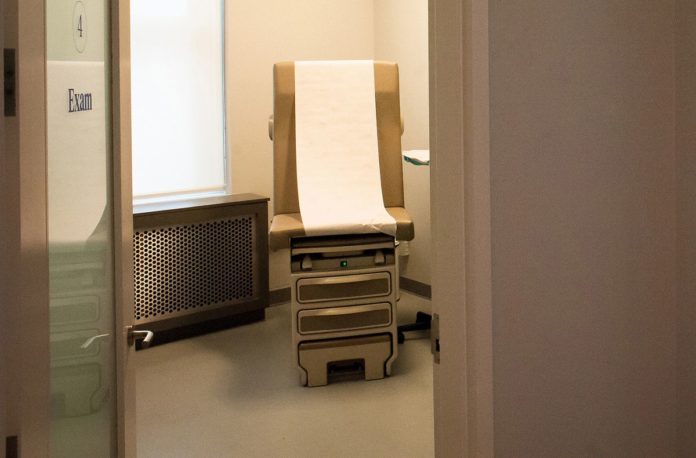
NEW YORK – Senators in both political parties say they’ve reached agreement on fixes to stabilize the Affordable Care Act just two weeks before Americans start signing up for 2018 coverage.
The two-year deal would allow crucial subsidies to health insurers to start flowing again, potentially lowering insurance premiums for those in the program next year. President Donald Trump’s administration announced last week that it was cutting off the payments, and on Tuesday Trump called the agreement a short-term solution.
“This is a small step,” Sen. Lamar Alexander said on the agreement, which the Tennessee Republican worked out with Sen. Patty Murray, a Washington Democrat. “President Trump has encouraged this.”
The deal still has to make it through both houses of Congress and be signed by Trump. If it becomes law, it could end a chaotic situation for insurers after the White House moved last week to dismantle parts of the Affordable Care Act even as Trump took credit for pushing lawmakers to work out the fixes.
Trump has called Obamacare a failure and pushed for full repeal of the law. Asked about the agreement at the White House, he said he had encouraged the effort but wanted to ultimately see states given blocks of money and be allowed to set up their own programs.
“The solution will be for about a year or two years; it’ll get us over this intermediate hump,” Trump told reporters.
Shares of health insurers with a large Obamacare presence surged. Centene Corp. climbed 3 percent to $93.60 at 2:56 p.m. in New York, while Molina Healthcare Inc. gained 3.2 percent to $61.78. Hospital chain Tenet Healthcare Corp. was up 4.5 percent.
Alexander said he’ll present details of the package to Republicans this week. Along with the insurance subsidies, the package would give states new flexibility on how their Affordable Care Act markets are run. It will also encourage states to meld their markets together, and let more people buy low-cost, limited-coverage plans.
Obstacles to the proposal are already developing in the House. Rep. Mark Walker, who heads the conservative Republican Study Committee, said that GOP lawmakers should be focused on repealing Obamacare, not propping it up.
“This bailout is unacceptable,” the North Carolina lawmaker said in a tweet from the committee account.
Anti-Sabotage
The agreement also includes what Democratic Minority Leader Chuck Schumer called “anti-sabotage” provisions. Democrats have accused Trump of deliberately undermining the law, and Trump has said his actions are meant to dismantle it since Republicans in the Senate haven’t been able to pass a repeal bill.
Schumer said the Alexander-Murray package got “broad support” during Senate Democrats’ weekly lunch at the Capitol.
“We think it’s a good solution,” he said. “I think there’s a consensus that we need short-term stability.” Details of the agreement are still being worked out, he said.
The health-insurance subsidies, called cost-sharing reduction payments or CSRs, have been a major factor in the increased premiums plans say they’ll charge next year. They help lower-income people with co-pays and other costs they face when they try to see a doctor or pick up a prescription.
A federal court ruled the CSR payments improper because of how the 2010 law was written, and the matter is currently before an appeals court. The Trump administration announced last week that it was cutting them off, leaving health insurers and hospitals wondering what would happen for the rest of this year and for 2018.
Funding the cost-sharing subsidies would spare insurers more than $1 billion in financial losses this year, and could let them lower premiums for 2018. But with rates already set for 2018, it’s not clear whether insurers and state regulators would be able to bring premiums down immediately.
Anna Edney, Erik Wasson and Laura Litvan are reporters for Bloomberg News.











